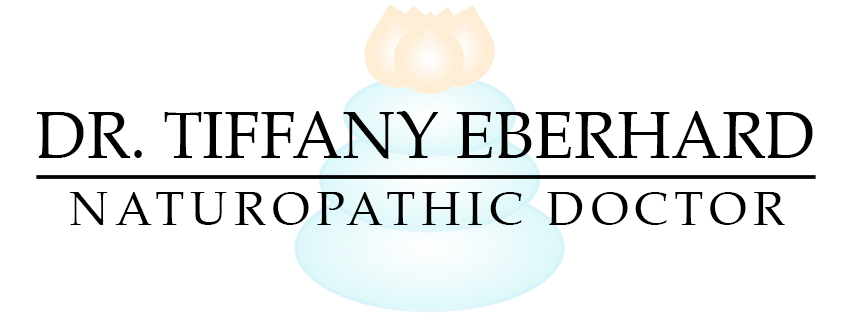Naturopathic Medicine
Naturopathic Medicine is a distinct primary health care system that integrates scientific research with traditional and natural forms of medicine to help you live in optimal health. The Naturopathic philosophy is to stimulate the body's inherent ability to heal itself and to treat the underlying cause of disease, with a focus on long-term health and disease prevention.
Naturopathic Doctors (NDs) are trained similarly to conventional medical doctors in the respect that they use physical examinations and laboratory testing to help determine a diagnosis. However, an ND's treatment approach differs in that it involves the use of natural therapies rather than pharmaceutical drugs. Treating both acute and chronic conditions, Naturopathic treatments are chosen based on the individual's unique physiological, structural, psychological, social, environmental, and lifestyle factors.
Naturopathic Training
Naturopathic Doctors are highly educated primary health care providers and must complete a three- or four-year Bachelor's degree, with emphasis on premedical courses, prior to entry into an accredited Naturopathic college.
The Naturopathic medical program is four years in length and consists of training in medical and clinical sciences (anatomy, physiology, microbiology, pathology, etc.), Naturopathic principles and therapeutics, and medical diagnostics. Students receive 1200 hours of supervised clinical experience and all graduates from accredited schools in North America must pass two sets of standard licensing exams as well as their provincial/state board exam. In addition to this training, NDs must complete continuing education for the duration of their careers.
In Ontario, Naturopathic Doctors (NDs) are currently regulated by the College of Naturopaths of Ontario (CONO)* and have been regulated since 1925.
*CONO took over regulation from the BDDT-N in 2015
Treatments and Conditions Treated
Naturopathic Doctors utilize various treatment modalities in their practice. These include botanical medicine, clinical nutrition, hydrotherapy, homeopathy, physical medicine, and Asian medicine/acupuncture. Depending on the case and the patient's preference for treatment, one or a combination of the above treatment modalities may be used.
Naturopathic Doctors are highly trained to treat a wide range of health complaints and conditions. Some common conditions treated include digestive issues, stress management, allergies, colds and flus, hormonal imbalances, infertility, pain management, sleep issues, and weight management. Education is a primary principle of Naturopathic Medicine which allows you to work as a team with your Naturopathic Doctor in choosing the best options for you and your family's health.
Principles of Naturopathic Medicine
First, Do No Harm
Naturopathic Doctors utilize therapies that minimize the risk of harm and apply the least possible force to restore health.
The Healing Power of Nature
Naturopathic Doctors recognize and support the inherent self-healing ability of the individual.
Identify and Treat the Cause
Naturopathic Doctors seek to identify the treat the underlying causes of disease, rather than suppressing symptoms.
Doctor as Teacher
Naturopathic Doctors strive to educate and share their knowledge with patients to encourage individual responsibility for health.
Treat the Whole Person
Naturopathic Doctors recognize that illness results from a complex interaction of factors and therefore focus on treating the whole person through individualized care.
Focus on Prevention
Naturopathic Doctors assess risk factors and recommend appropriate Naturopathic interventions to maintain health and prevent illness.
